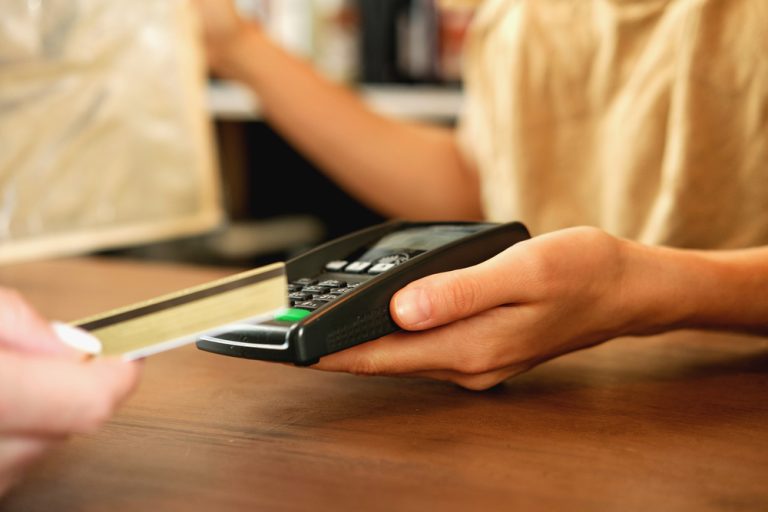Being sensible with Buy Now Pay Later this silly season
Move over debit and credit cards; consumers are flocking to Buy Now Pay Later (BNPL) services. Afterpay, Zip Pay and several similar payment solutions allow shoppers to take home their goodies now while paying them off via a few weekly, fortnightly or monthly payments. There’s no interest payable as such, although fees are charged for late payments. A survey by Mozo reveals that 30% of Australian adults have one or more BNPL accounts and we’re not afraid to use them. Afterpay, our most popular BNPL service, achieved sales of $4.3 billion across Australia and New Zealand in the 2019 financial year, nearly double its sales of the previous year. With the nation set to splurge around $27 billion on Christmas, it’s a safe bet that plenty of that spend will be by BNPL. But with 60% of those surveyed by Mozo admitting that BNPL lead them to buy things that they wouldn’t have otherwise, it begs the question: how to use this payment option sensibly during the silly season? 1. Set your limits Make sure you have a budget for your Christmas spend, and use it to help resist the temptation of impulse purchases. 2. Track your spending Don’t just track your BNPL spending. Make sure you review credit and debit card purchases, too. Are you staying within budget across all your spending methods? 3. Avoid fees Around one third of BNPL users have missed at least one payment. While late fees may seem modest, they can add up. 4. Don’t repay BNPL loans with a credit card If you don’t pay off your entire credit card bill within the interest-free period, adding your BNPL repayments to the card may see you paying a high rate of interest on your purchases. Better to use a debit card or direct debit from your bank account, and making sure there’s enough money in the account to meet payments. 5. Avoid BNPL if you’re saving for a home loan Lenders may look at your use of BNPL as a sign that you don’t have significant savings and are living from payday to payday. The lower your debt, of all types, the easier it will be to get a mortgage. 6. Have a happy festive season Used wisely, BNPL can help you jingle your bells and put the merry in your Christmas. Just make sure you know what you’re signing up for and that you can meet all of the regular payments. Take care, and you’ll be able to enjoy the start of the New Year without a financial hangover. For further budgeting tips and financial advice, talk to us. We’re here to help. The information provided in this article is general in nature only and does not constitute personal financial advice.

